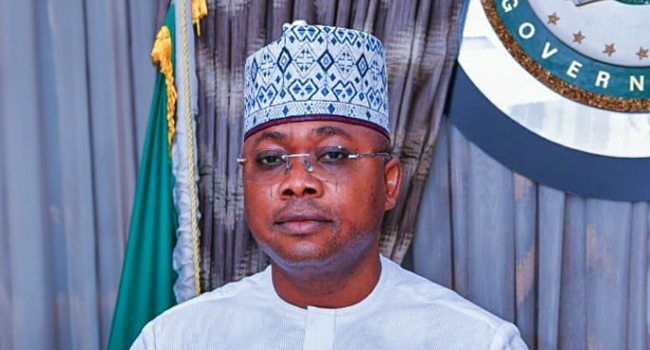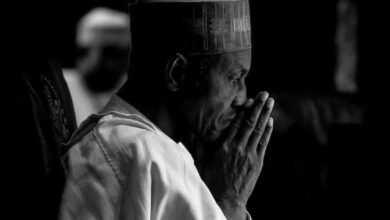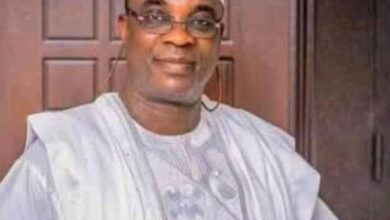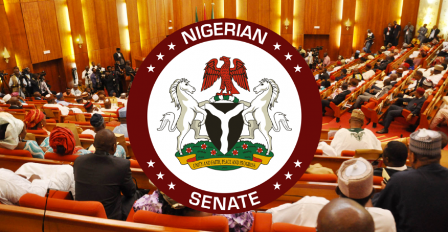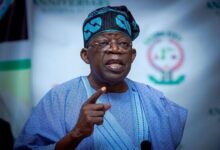Election Sequence: Buhari, AGF back suit against NASS
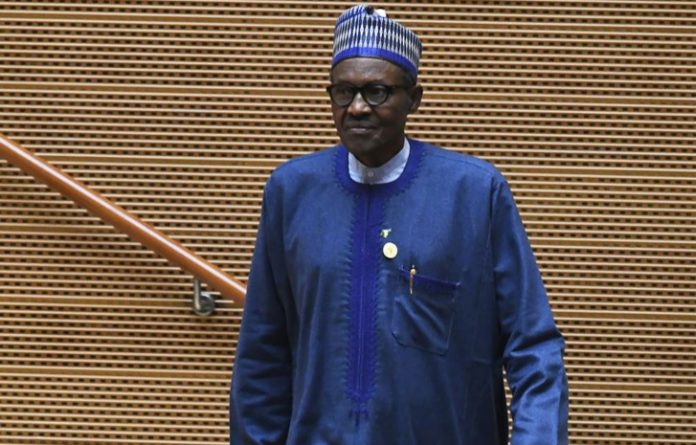
President Muhammadu Buhari and the Attorney General of the Federation (AGF), Mallam Abubakar Malami (SAN), on Tuesday, told a Federal High Court in Enugu that they were not opposed to the suit, challenging the attempt by the National Assembly to re-order the sequence of the 2019 elections through amendment of Electoral Act.
Dayo Akpata, the Solicitor General of the Federation and Permanent Secretary of Federal Ministry of Justice, made the position of both parties known at the hearing of the suit brought before the court by a chieftain of All Progressives Congress (APC), Chief Anike Nwoga.

The suit has the National Assembly and the Independent National Electoral Commission (INEC) as the 1st and 2nd defendants while President Buhari and AGF are 3rd and 4th respondents respectively.
Addressing the court presided over by Justice A.M. Liman, Akpata who came to court with a team of lawyers from the Federal Ministry of Justice, explained that by virtue of Section 4 Subsection 8 of the Nigerian constitution, the court has jurisdiction to entertain the matter, adding that the exercise of legislative powers of the National Assembly must be subject to review by the court.
Citing relevant cases including Habib vs. AGF, AGF vs. ANPP and Attorney General of Bendel State vs. Attorney General of the Federation, Akpata argued that if in the exercise of legislative powers conferred on the National Assembly by the constitution, there is a defect, as to say that a bill is not passed according to the law, the bill is null and void.
The Solicitor General of the Federation maintained that the Supreme Court could legislate on this issue, which constitutes a limitation to legislative powers.
On whether the plaintiff (Nwoga) has the locus standi to institute the suit, Akpata made it clear that every citizen of the country has the right of access to justice when there is a breach of the constitution.
He also drew attention of the court to the fact that the affidavit filed by the plaintiff has not been controverted.
On whether the subject matter is still a life issue, since it may have been overtaken by events, Akpata said, “the case of Amaechi vs. Omehia makes it clear that constitutional issue can never be termed an academic exercise.”
Buttressing his argument with the case of CBN and Oladele Amao, he said a declaration could be made even where a matter has been rendered dead, if the issue in question has to do with the constitution.
Akpata added that the recent decision of the Abuja Federal High Court also looked at the same issues.
Making submissions earlier, Godwin Onwusi, the counsel to the plaintiff, urged the court to grant the five reliefs sought by his client.
Onwusi asked the Court to determine whether the National Assembly has the powers to compel INEC to conduct election in a particular sequence and even if they could, whether they could by law change the timetable already released by the electoral body before the passage of the bill.


